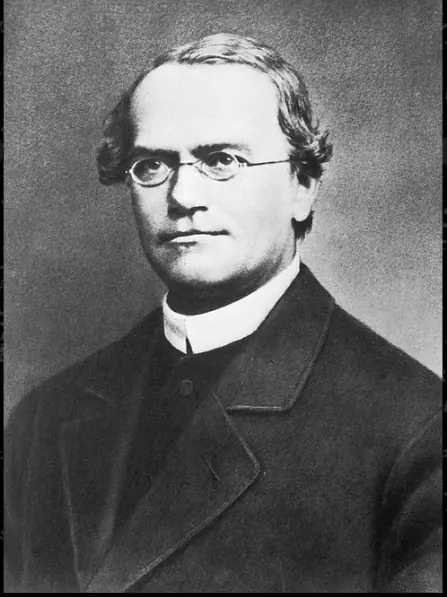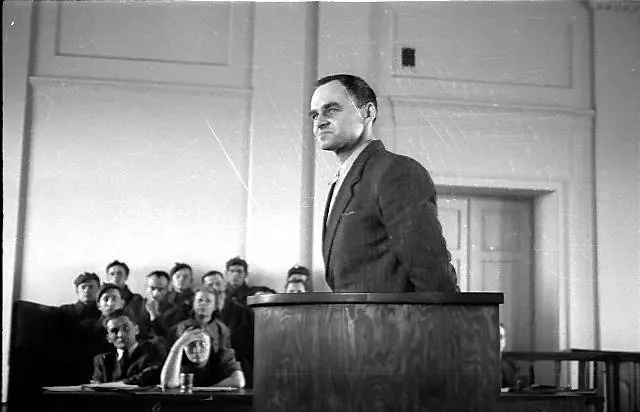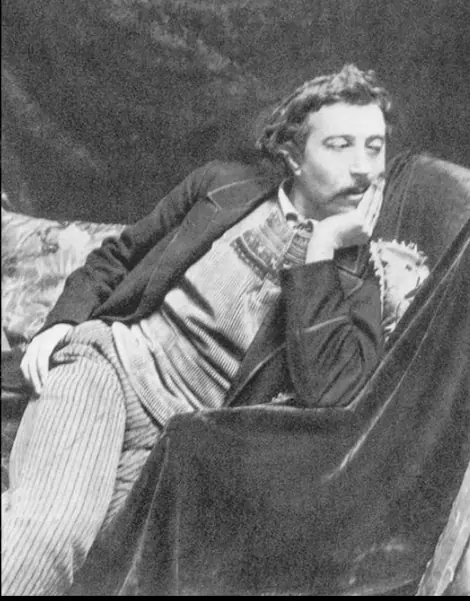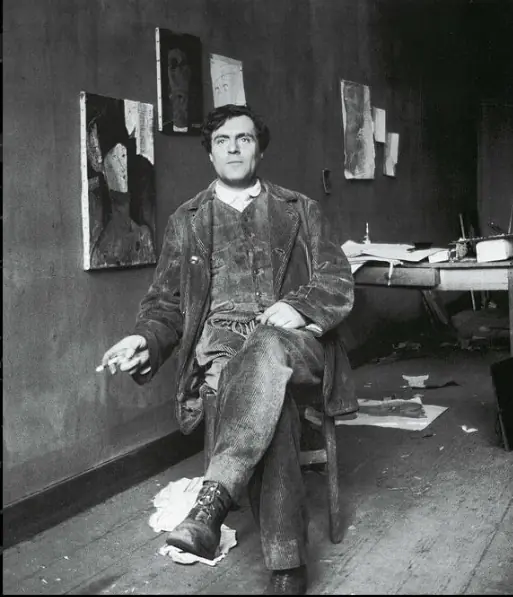
In the serene, secluded environment of a 19th-century Austrian monastery, one monk's quiet determination would change the course of science forever. Gregor Mendel, often regarded as the father of modern genetics, spent countless hours in his garden, carefully breeding pea plants and documenting their traits. Little did the world know, he was unraveling the fundamental laws of inheritance—long before the concept of "genes" was even coined.
Mendel’s Groundbreaking Discoveries
Mendel's experiments, conducted between 1856 and 1863, involved tracking the inheritance of simple traits in pea plants—such as round versus wrinkled seeds, tall versus short plants, and green versus yellow peas. What he uncovered were patterns of inheritance that defied the understanding of the time. Mendel meticulously recorded his findings, revealing that certain traits were inherited independently of others, and introduced concepts of dominant and recessive traits.
Despite the profound nature of his discoveries, Mendel faced little recognition during his lifetime. In 1866, when he published his work, it was met with little fanfare. The scientific community, uninterested or unable to understand the significance of his work, largely ignored him. Mendel continued his work quietly in the monastery and later became the abbot, but his revolutionary ideas about genetics were lost to time.
Rediscovery and Legacy
Mendel passed away in 1884, never knowing the monumental impact his work would have on the world. For 16 years, his contributions remained unnoticed. It wasn't until the early 1900s that scientists stumbled upon his findings, and it was then that the brilliance of Mendel's work began to shine through.
Today, Mendel's laws of inheritance are cornerstones of modern genetics. His principles laid the groundwork for the study of heredity, and his work directly influenced the development of the field of genetics. The concepts of dominant and recessive genes that Mendel discovered continue to shape our understanding of biology, from the study of diseases to advancements in genetic engineering.
A Timeless Reminder
Gregor Mendel’s story serves as a powerful reminder that innovation and genius often go unrecognized in their time. His work, initially dismissed, has become a fundamental part of biology education worldwide. Mendel’s quiet legacy teaches us that even when the world isn't ready for your brilliance, the truth waits patiently to be discovered.
Today, Gregor Mendel’s name is synonymous with scientific excellence, his contributions immortalized in every biology textbook. His story exemplifies how dedication, curiosity, and perseverance can lead to breakthroughs that transcend time.























